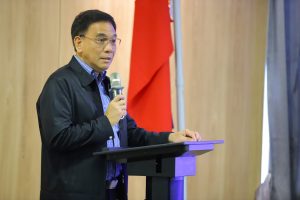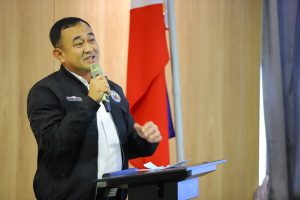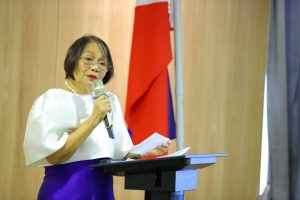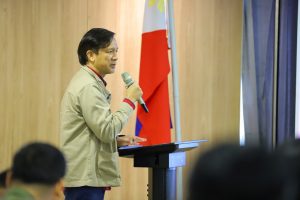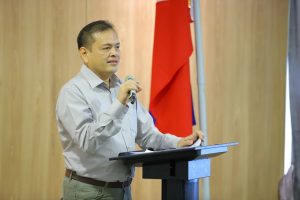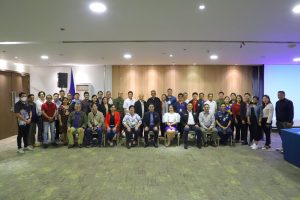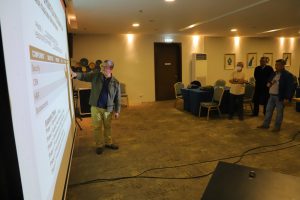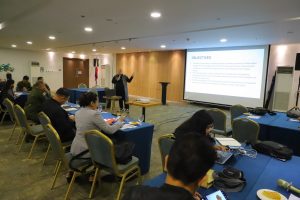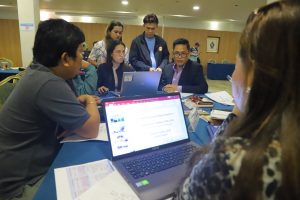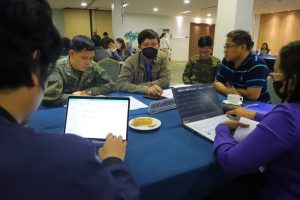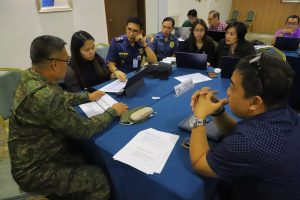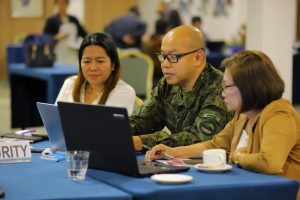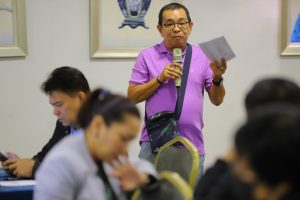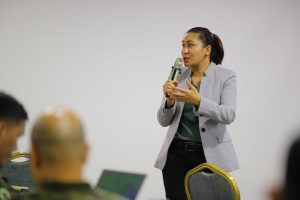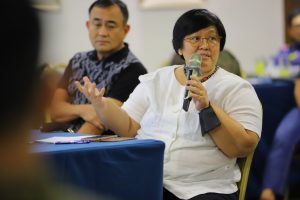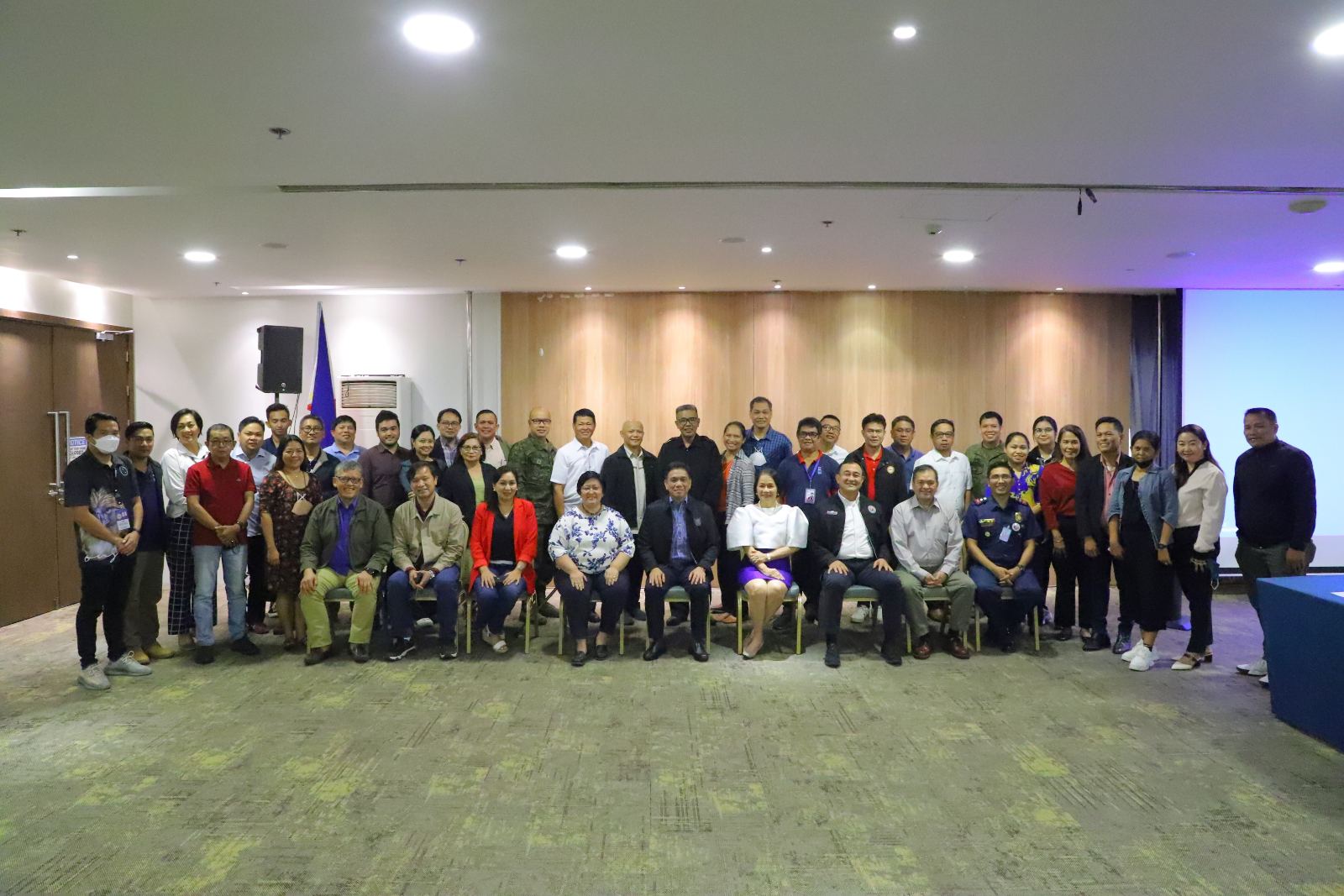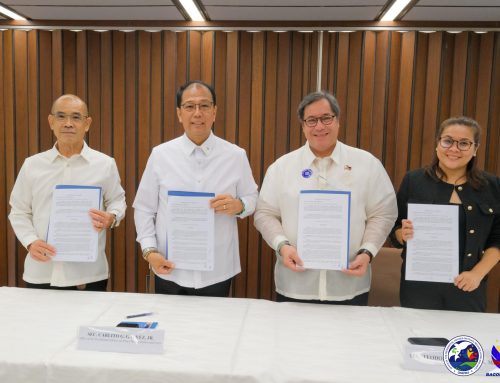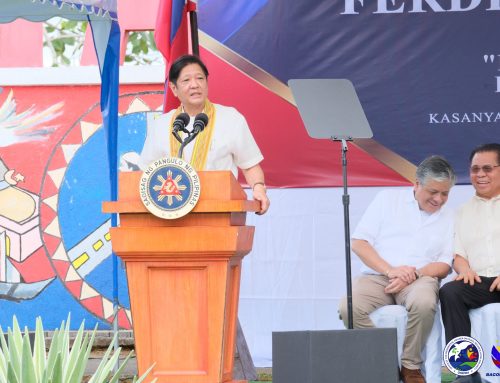DAVAO CITY — The national government’s efforts to put an end to the decades-long communist insurgency got a major boost as peace stakeholders gathered here on Wednesday for a planning workshop on the Transformation Program for former rebels (FRs).
The two-day workshop was spearheaded by the National Local Peace Engagement (LPE) Cluster of the National Task Force to End Local Communist Armed Conflict (NTF ELCAC), through its co-chair, the LPE-Office of the Presidential Adviser on Peace Reconciliation and Unity (OPAPRU), and Department of the Interior and Local Government (DILG),
The Transformation Program aims to ensure the successful integration of FRs into mainstream society and strengthen the resiliency of CTG-cleared communities.
The workshop, attended by members of the Davao Oriental Provincial Task Forces under the NTF-ELCAC, sought to gather insights from the participants on how to further enhance the Transformation Program.
Davao Oriental was prioritized for the first run of the Transformation Program Planning Workshop. Succeeding runs shall be conducted in Davao Del Norte, Davao De Oro, Zamboanga Del Sur, and other priority provinces.
Parallel efforts
The Transformation Program is designed to complement the LPE, which is among the 12 lines of effort under the NTF-ELCAC and is now considered as one of the most effective ways of dealing with the CTG.
The LPE is anchored on Executive Order No. 70, which calls for the use of a whole-of-nation approach in addressing the challenges caused by the communist armed conflict. E0 70 also led to the creation of the NTF-ELCAC.
“It is worth noting that our updated localized peace engagement framework now includes a Transformation Program that is intended to ensure the complete transformation of former rebels and their full integration into the mainstream of society. This framework also aims to promote the development and resiliency of CTG-cleared communities,” OPAPRU Presidential Assistant Wilben Mayor said in his welcome remarks.
The OPAPRU is now implementing the refreshed LPE together with its Transformation Program after they were approved by the Cabinet Cluster on Security, Justice and Peace in May 2022, and their adoption by the NTF-ELCAC in December 2022.
“We are also pleased to note that Congress has thrown its support behind the LPE and TP, and has provided funds for both interventions,” Mayor said.
Sustaining the gains of peace
The Transformation Program seeks to address the needs of former rebels, their families and communities to aid them in their transformation, as well as strengthen their resiliency against the recovery efforts of the CTG.
“To sustain all of these peace gains, we need to revitalize and re-energize the mechanisms of the National Task Force ELCAC including the Joint Regional Task Force (JRTF) and the different clusters under it,” said Usec. Ernesto Torres Jr., executive director of NTF-ELCAC.
“We are thankful for the OPAPRU for taking this initiative, ‘yung Transformation Program. Para ma-sustain natin itong peace gains, particularly with our FRs and their families,” Torres added.
The OPAPRU is the co-lead agency of the NTF-ELCAC’s LPE Cluster which helps facilitate local peace dialogues at the community level, allowing local leaders to touch base with CTG members who have expressed their willingness to lay down their arms and return to the folds of the law.
“We [NTF-ELCAC] will pursue the different plans and programs of the 12 clusters [and its] lines of effort where LPE is a very important part of,” Torres said.
Governors as lead proponents of Transformation Program
At the local level, the provincial task forces, headed by the governors, shall take the lead in the implementation of the Transformation Program program with the support of the various NTF-ELCAC clusters.
The clusters shall provide interventions in line with the program’s four components, which include security, confidence-building measures, healing and reconciliation and socio-economic interventions.
“As you can see, the peace and development efforts of the provincial government and the military, having been strengthened through the years, have led to the achievement of these remarkable results that include the mass surrender of rebels and members of its underground mass organizations who have chosen to live the life of peace and return to the fold of society,” Davao Oriental Governor Corazon Malanyaon in her remarks during the workshop.
“By strengthening peace and order and public safety as part of our strategic directions, we lay the ground for ensuring the sustainability of all forms of development on infrastructure, social services, food security, tourism, the business environment, on peace and development and revenue generation, among others. In plain and simple terms, it is our ultimate aim to improve the life of our people through peace and development, while anchored on the vision and mission of the province,” Malanyaon added.
Ways forward
Moving forward, Director Francis Jude Lauengco of OPAPRU’s Localized Peace Engagement Office, gave the following recommendations for the LPE Cluster to undertake:
- Take advantage of the weakening CTG organization by heightening the implementation of the two LPE tracks in priority areas, which include Samar and South Cotabato, among others;
- Actively implement the Transformation Program in priority areas starting with building the capabilities of our stakeholders, particularly the provincial governments, through the conduct of provincial level action planning workshops; and
- Help in implementing the TP by organizing FRs at the regional level who will directly engage communities as our agents of transformation.
The workshop was also attended by OPAPRU Regional Adviser on Peace, Reconciliation and Unity retired MGen Edgardo De Leon; OPAPRU Director Atty, Elisa D. Evangelista Lapina; and heads of OPAPRU’s Area Management Units and representatives from partner national line agencies. ###
